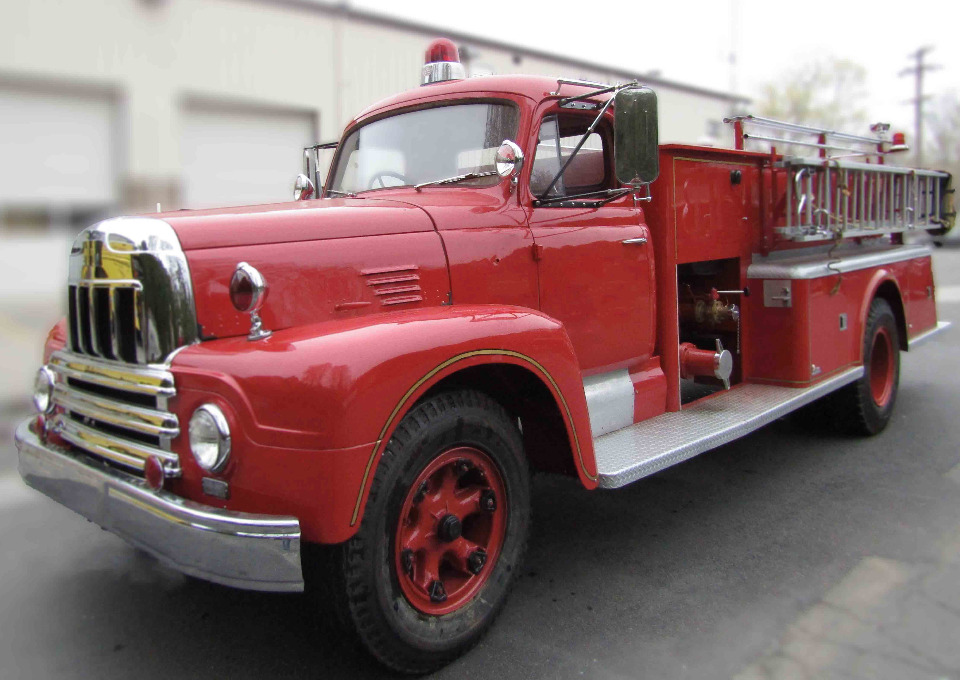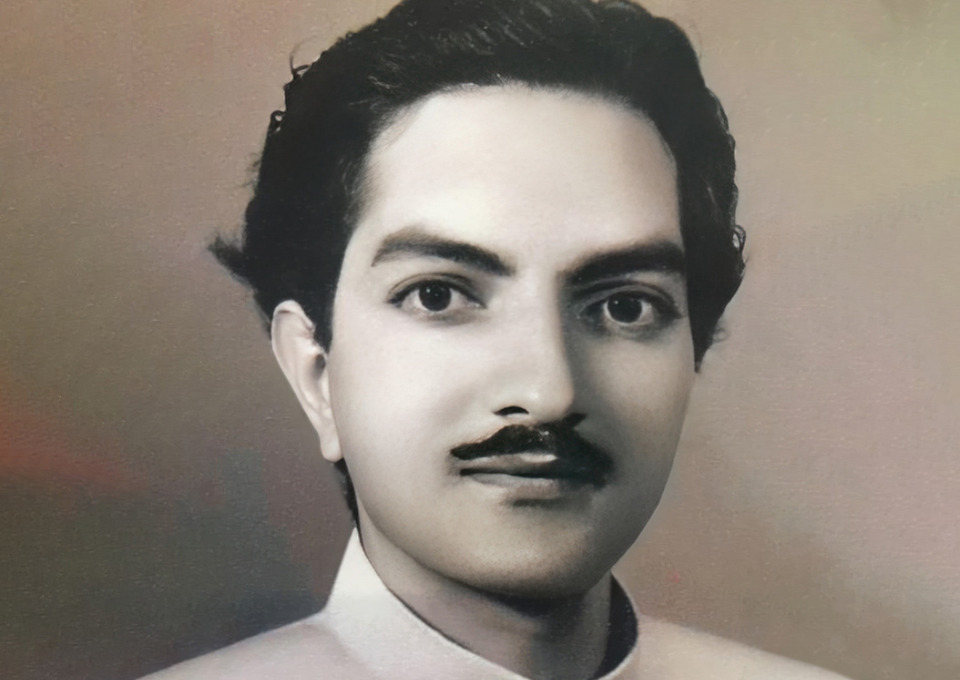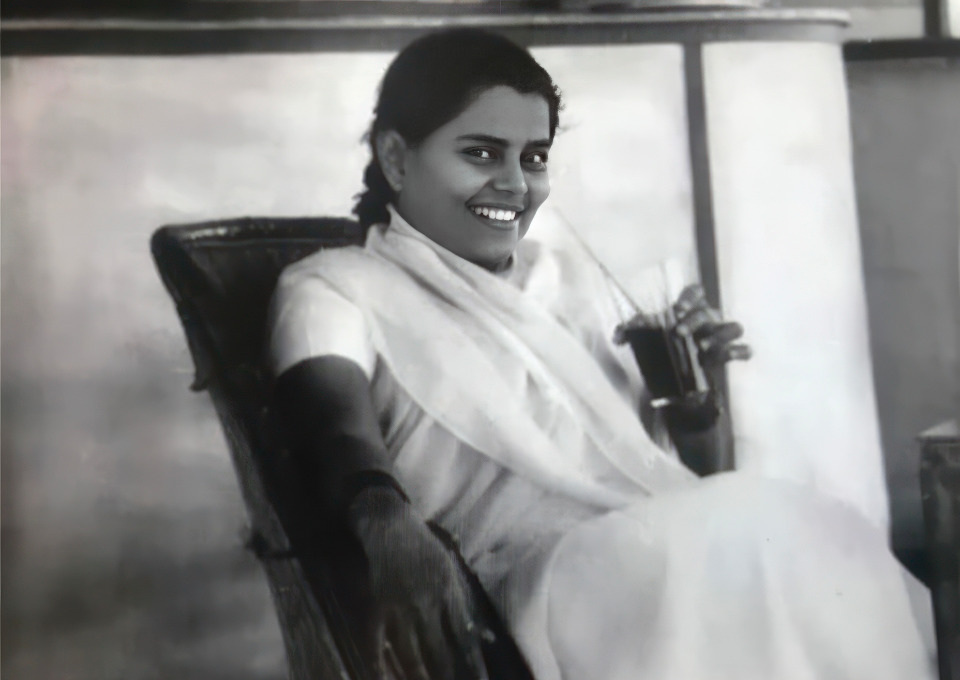My father was posted to Lahore in 1979 and my siblings and I, along with our mother, arrived in a new city (and culture) from Dubai. The years in Dubai had medium grilled us into “burger” children (with special thanks to Jumeirah English Speaking School). Luckily, there was enough Eastern culture at home that we stayed medium rare. Caught in the stampede of my father’s frequent postings, adjusting to this new environment took a lot of time. Lahore was much smaller then, entirely unknown to us but it was beautiful as it is now. And it was certainly spontaneous and welcoming.
The first people who warmly welcomed us and made our stay fun were Zia Mamu and his family. Zia Mamu (Zia ur Rahim) was the youngest half-brother of my grandmother and had come to live with her in Hyderabad in the thirties. He had become very close to my father and his siblings—he was only a few years older than them—and treated my Grandmother like his own mother. He used to call her Appi and my father would call him Zia Mamu.
Singing was one of his signature traits. The story goes that one day while he was traveling on a train and Hindu-Muslim riots were at their peak, he was surrounded by some Hindu zealots. He kept his calm and when they enquired about him, he said that he was the brother of the famous singer Surinder Nath Saigol. They asked him to prove his claim and he proceeded to sing some of Saigol’s songs in perfectly mirrored melody and style. They believed him and he was spared.
After migrating to Pakistan, Zia Mamu became devoutly religious, worked as a firefighter at Walton Airport, and retired as the chief of its fire department. Walton Airport was a small subsidiary airport to the main one and was used largely for airshows and smaller aircraft. Once during an airshow, we were watching, a Pakistan Airforce T-20 did a loop, hit some trees, and crashed. Minutes later, a 1960s red fire truck hurtled passed us. Zia Mamu was steering it, with one hand, through the plumes of black smoke. He emerged a few hours later with a disheveled beard and a spattering of fire-extinguishing foam on his black Jinnah cap. “They didn’t survive” he had said before reciting some verses from the Koran.
Between Walton airport and his home behind it, Zia Mamu led a simple and honest life with his wife and four wonderful children—who were our uncles, Urdu tuition teachers, and givers of religious learning. It was a life filled with great love and spontaneous laughter….alongside the most delicious cuisine from Meerut and, prayers five times a day.
So whenever I visit Lahore, as I did briefly this summer, the fragrance of the time we spent with Zia Mamu and his family always comes alive. They were a great touch of significance to our lives as children.



